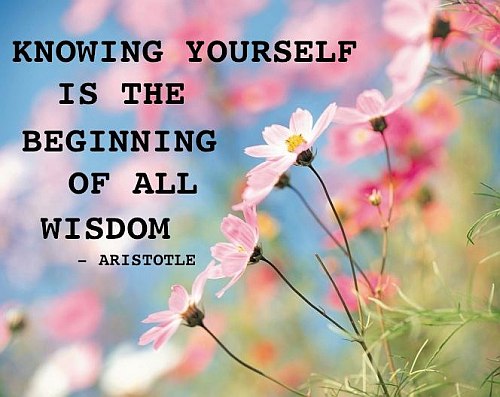Tags
arts integration, biology, hands-on learning, Maria Montessori, montessori, Montessori education, photosynthesis, science, tableaux, upper elementary
 Much of what we learn in school is memorized, tested and forgotten. Dr. Maria Montessori believed that children must experience learning through multiple senses; sensory experiences are crucial in the earliest years of development. She developed materials that you will find in most Montessori schools. These materials allow children to explore a concept through their hands, their eyes and language. They provide more than one pathway to learning.
Much of what we learn in school is memorized, tested and forgotten. Dr. Maria Montessori believed that children must experience learning through multiple senses; sensory experiences are crucial in the earliest years of development. She developed materials that you will find in most Montessori schools. These materials allow children to explore a concept through their hands, their eyes and language. They provide more than one pathway to learning.
Experiencing learning in a variety of ways provides more opportunity for learning and retaining information. Just about all of us learned about photosynthesis in science class. Some of us probably learned it more than once. Yet, if asked explain the process, could we do it?
As a school that focuses on integrating the arts AND Montessori education, Wilmington Montessori School’s Upper Elementary students had a tremendous opportunity to learn more about photosynthesis. They not only read about it and watched a movie about it; they also actually became photosynthesis. Students collaborated to demonstrate the parts of a plant (root, stem, leaf, flower) and the process of photosynthesis.
When learning about this process again in a higher level of biology in high school, do you think they’ll remember what they read or what they did? Will they know that a certain child represented the roots while another was the sun? This is learning that will last. This is how the arts impact learning. This is Montessori education at its best.

 Our nation has just honored Martin Luther King, Jr’s birthday. Dr. King is inarguably a hero to many from many past, present and future generations. His most famous speech is the
Our nation has just honored Martin Luther King, Jr’s birthday. Dr. King is inarguably a hero to many from many past, present and future generations. His most famous speech is the  One of my favorite thinkers, Daniel Pink, has just released a new book:
One of my favorite thinkers, Daniel Pink, has just released a new book:  Montessori education is unfamiliar to many. Some think they know what it means, but when the topic comes up, they often say that Montessori schools are loosely structured environments in which children can do whatever they like. The teachers are in the background, and kids move freely through the environment. Where is the truth in these statements?
Montessori education is unfamiliar to many. Some think they know what it means, but when the topic comes up, they often say that Montessori schools are loosely structured environments in which children can do whatever they like. The teachers are in the background, and kids move freely through the environment. Where is the truth in these statements?